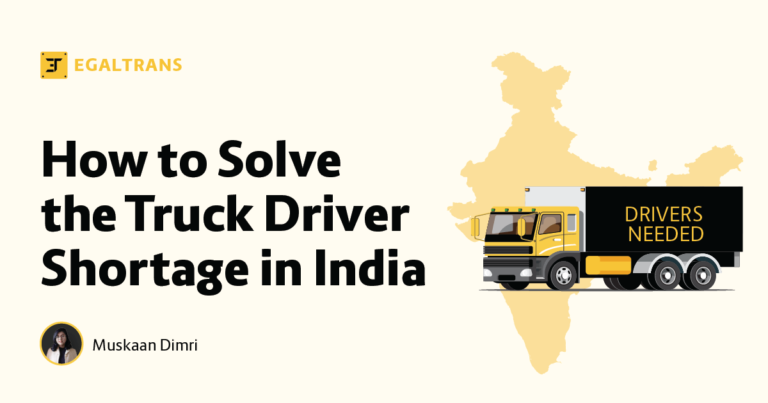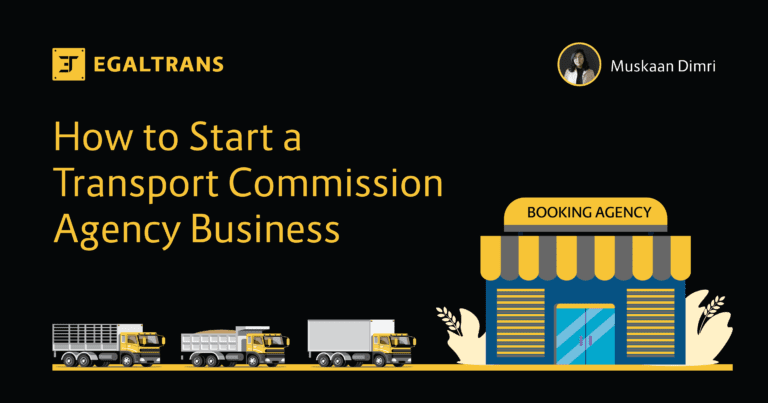To run a successful logistics business various key points are to be kept in mind, most valuable being – managing the budget while keeping the quality top grade. However, many companies wilfully overpay in a number of areas and have huge logistics cost. The supply chain has been one of the most expensive offenders.
For Example : The trucking industry is a major contributor in the Indian logistics market. Moreover it is highly sensitive to frequent changes in the crude oil prices internationally because India imports over 80% of its fuel requirements from overseas.
In a competitive environment, fleet owners tend to offer the best service and a memorable experience to their clients but somehow in the process they lose their profit margin, which in the long run can be very bad for the business. Hence it is very important to keep the logistics cost in control, specially while such a competitive situation arises.
Role of Logistics Sector
The purpose of the logistics industry is to provide goods, raw materials and goods to meet four basic needs: ordering, delivery, quality and cost. As a result, the logistics industry is viewed as a multi-faceted value-added activity involving the production, location, timing, and management of supply chain components.
The Indian logistics sector is confronted with the following issues:
- The country’s roadways continue to deteriorate
- The difficulties faced by middlemen when transferring from one state to another (breakages and an increase in overall operational costs)
- Customers and drivers have less transparency when there are no GPS devices in the vehicle
- Transportation costs remain constant
A large part of the economy that will benefit from increased logistics is technology. A leading logistics company integrates all supply chain functions into her one digital strategy. Track orders, vehicles and pallets for greater visibility and improved methods. Cost and Value are two important aspects of any logistics business.
Cost v/s Value
The effectiveness of a business’s logistics operation is frequently gauged in terms of value. It is famously said ‘never compromise on the value even if you have to settle with cost’. Businesses need to have a clear perspective on how they define value and what methods to use to estimate the logistical costs. The logistics function can create value for the customers and the business, sometimes to provide exceptional service, costs and other factors are neglected.
Importance of Balancing Logistics Cost and Value in Logistics
Various strategies are undertaken in order to balance the cost and value in the logistics sector :
- Pricing strategy : Pricing strategy is the method used by the seller to establish their asking price in the market. Cost-plus pricing, which entails figuring out costs and then adding on a profit margin, is the most straightforward pricing technique. However, even this method is not as straightforward as it may seem because identifying the costs of a good or service requires making a number of decisions, such as how overheads are distributed. With a good pricing model cost and value can be balanced properly.
- Digitization : The process of applying new technology to logistics operations in order to increase business efficiency is known as digitalization in logistics.
As a result, digital capabilities are being integrated into order preparation and storage, as well as shipping and other logistical services. Digitisation is cost-effective method which increases the working efficiency and accuracy thus also increasing the value.
In conclusion, logistics management can be a potent tool for achieving the twin peaks of cost reduction and improved customer service. Companies who overlook the role that efficiently managed logistics operations play in achieving cost reduction and enhancing customer service are losing a significant chance to strengthen their competitive position in a fast evolving world where the customer is king. Therefore maintaining a balance between these 2 entities is important to run a profitable logistic business.





